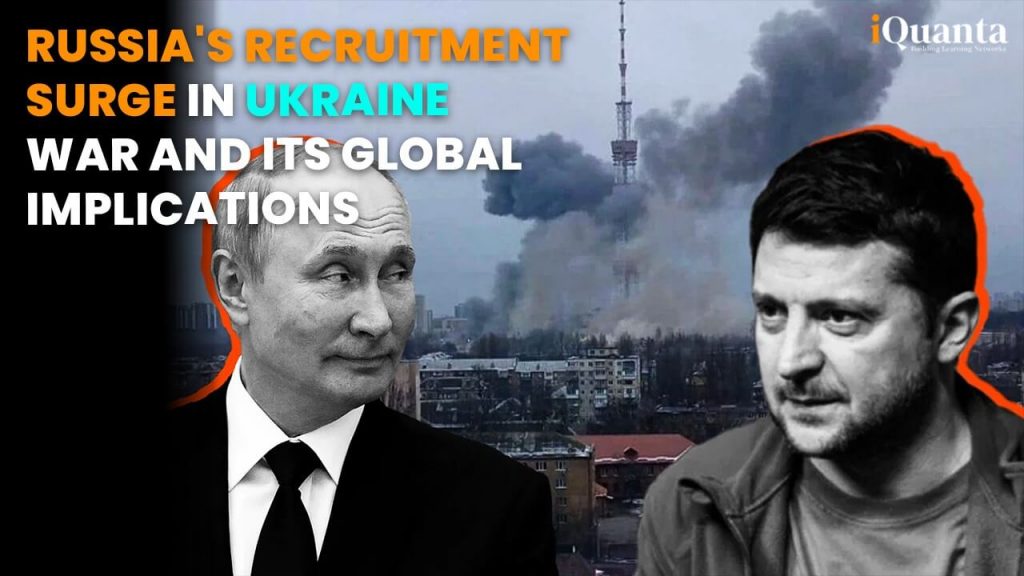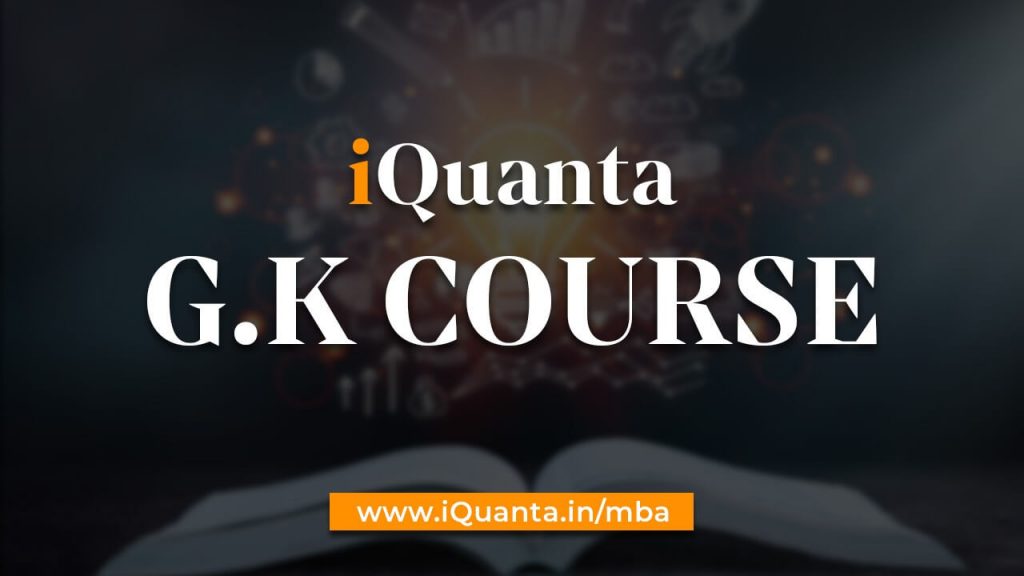
Genre : Global Affairs / Geopolitical
The Russia-Ukraine conflict, which began in February 2022 with Russia’s full-scale invasion of Ukraine, has become a defining geopolitical crisis of our time. It has led to devastating consequences, including widespread destruction, a humanitarian crisis, and hundreds of thousands of casualties. Additionally, the war has strained Russia’s relations with the West to an unprecedented extent, resulting in severe economic sanctions and significant military backing for Ukraine by Western nations. In this article, we delve into recent developments in the conflict, particularly Russia’s recruitment efforts, and explore their potential implications for the global balance of power.

Russian Defence Minister’s Announcement
On a recent televised address, Russia’s Defence Minister, Sergei Shoigu, made a significant announcement regarding Russia’s recruitment efforts for the ongoing conflict in Ukraine. He revealed that over 335,000 individuals had voluntarily signed up to serve in Russia’s armed forces or in various voluntary units since the beginning of the year. This includes both contract soldiers and members of voluntary formations. Moreover, during September alone, more than 50,000 citizens signed contracts to join the military.
To understand the significance of this announcement, it’s essential to revisit a pivotal moment in the conflict. In September 2022, Russian President Vladimir Putin ordered a “partial mobilization” of 300,000 reservists. This order prompted thousands of young Russian men to flee the country to avoid being conscripted for the war effort. The exodus of these potential soldiers was a clear consequence of Putin’s mobilization order, and it raised concerns within the Russian government, with some officials acknowledging that the move had been a mistake as it led to a significant outflow of the country’s population.
The Surge in Volunteer Enlistments
The surge in volunteer enlistments, as announced by Defence Minister Shoigu, is a noteworthy development in the ongoing conflict. It highlights the patriotism and commitment of individuals willing to serve their country in a time of crisis. The scale of volunteer recruitment suggests a significant shift in Russia’s approach to bolstering its military presence in Ukraine.
Absorption of Wagner Mercenaries
One intriguing aspect of this recruitment surge is the apparent absorption of many fighters from the Wagner mercenary force into what Shoigu referred to as “voluntary formations.” While specific details about the integration process remain unclear, this development suggests a level of consolidation and restructuring within Russia’s military operations in Ukraine.
War rarely stays confined within borders – and given the age of interconnectedness that we live in, the Russia-Ukraine war has far-reaching implications for the global balance of power, and Russia’s recruitment surge underscores the gravity of the situation. This conflict has resulted in substantial geopolitical consequences, and its evolution continues to shape the dynamics of international relations. Here, we explore some of the key global implications of Russia’s recruitment efforts.
Geopolitical Stakeholder Matrix
Russia’s continued commitment to the conflict, as evidenced by its significant recruitment efforts and ongoing mobilization of military forces, underscores the gravity of the situation. The war in Ukraine has escalated into a protracted conflict with no clear resolution in sight, and this ongoing instability has heightened geopolitical tensions.
The conflict has led to a severe humanitarian crisis in eastern and southern Ukraine. Widespread destruction, displacement of civilians, and loss of life have created immense challenges for international humanitarian organizations and governments. Addressing this crisis remains a global priority.
Strained and Souring of Relations with the West
Russia’s actions in Ukraine have strained its relations with Western nations to an unprecedented extent. The West has responded with economic sanctions and significant military support for Ukraine. These measures have exacerbated tensions between Russia and Western powers and have had ripple effects on international diplomacy.
President Putin has repeatedly framed the conflict as a Western alliance waging a proxy war against Russia. He contends that Western nations are seeking to diminish Russia both politically and militarily through their support for Ukraine. Western leaders, on the other hand, argue that their actions are a direct response to Moscow’s aggression.
Global Alliances
The conflict has prompted realignment of global alliances and partnerships. Western nations, including NATO members, have bolstered their support for Ukraine, signaling their commitment to defending international norms and sovereignty. Conversely, Russia has sought closer ties with certain other nations sympathetic to its actions.
One of the most significant aspects of Defence Minister Shoigu’s announcement is Russia’s decision not to initiate any further mobilizations, despite the sizable influx of recruits. This decision reflects a strategic recalibration by Russia in its approach to the war in Ukraine. It raises several important questions:
– How does this decision affect the ongoing dynamics of the conflict?
– Does it indicate a shift in Russia’s long-term strategy for the region?
– What are the potential implications for the global balance of power?
Russia’s Evolving Strategy
Russia’s evolving strategy in Ukraine is a complex and evolving puzzle. While the decision not to mobilize additional reservists may signal a desire to avoid a repeat of the mass exodus seen in response to the previous mobilization order, it may also suggest a reevaluation of Russia’s approach to achieving its objectives in the conflict.
Implications for the Conflict’s Trajectory
The decision not to initiate further mobilizations could influence the trajectory of the war. It may indicate that Russia is exploring alternative approaches to achieving its goals in Ukraine, such as diplomatic initiatives or increased reliance on existing forces. The international community will closely monitor these developments to gain insights into Russia’s evolving strategy.
Global Geopolitical Dynamics
The ongoing Russia-Ukraine conflict continues to have a profound impact on global geopolitics. It has raised questions about the effectiveness of international norms and institutions in responding to aggression and territorial disputes. Additionally, it has prompted countries worldwide to reassess their security postures and alliances in the face of shifting power dynamics.
Conclusion
In conclusion, the recent announcement by Russia’s Defence Minister regarding the surge in volunteer enlistments for the Ukraine war underscores the ongoing gravity of the conflict. Russia’s evolving recruitment strategy and decision not to initiate further mobilizations suggest a recalibration of its approach. The global implications of these developments are substantial, with the conflict continuing to shape the dynamics of international relations and the global balance of power.
As Russia navigates the challenges of its military campaign in Ukraine and the broader geopolitical implications, the world awaits further developments that will shape the balance of power on the global stage. The international community remains deeply invested in finding a peaceful resolution to the conflict and addressing the humanitarian crisis it has spawned. The path forward is uncertain, but the impact of this conflict on global affairs is undeniable.
If any of the exams you’re preparing for concerns General Awareness (MBA, UPSC, GDPI, etc.), you can go for iQuanta’s GK Course.


